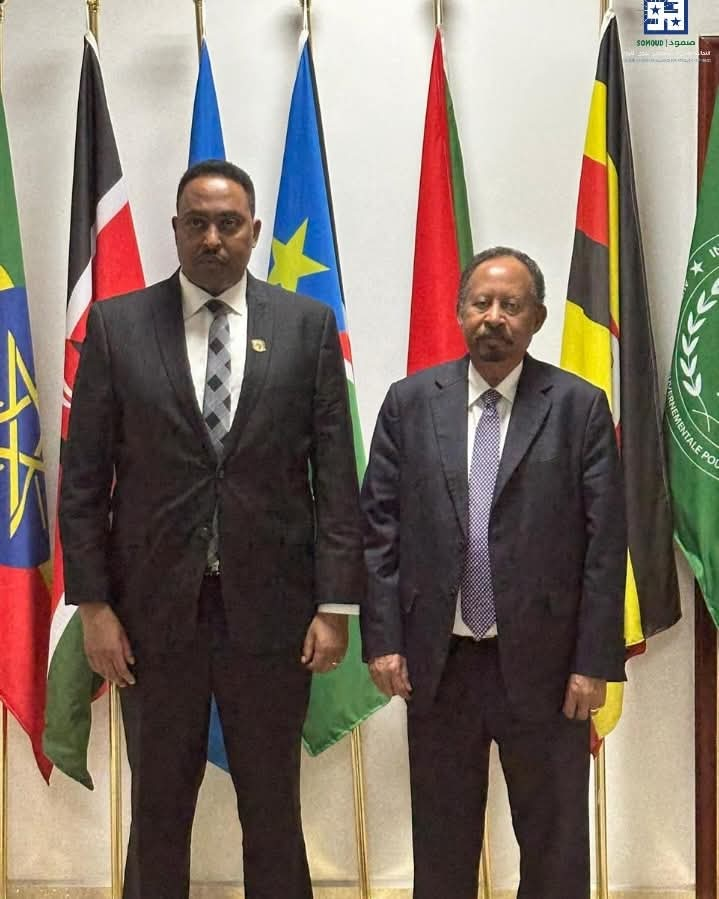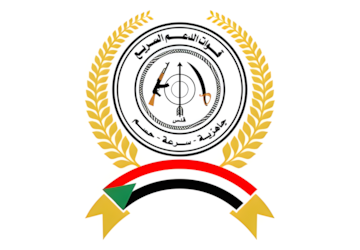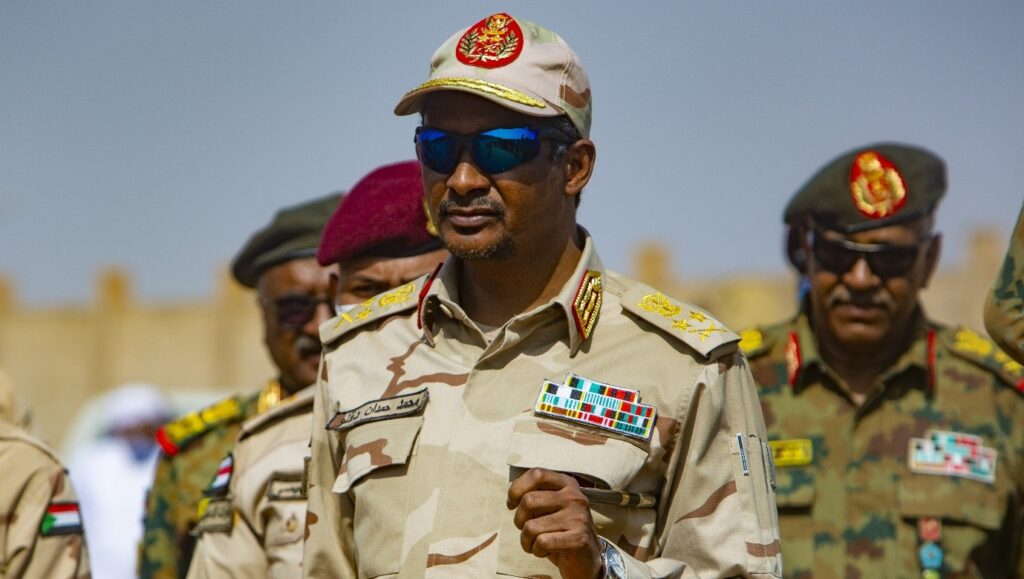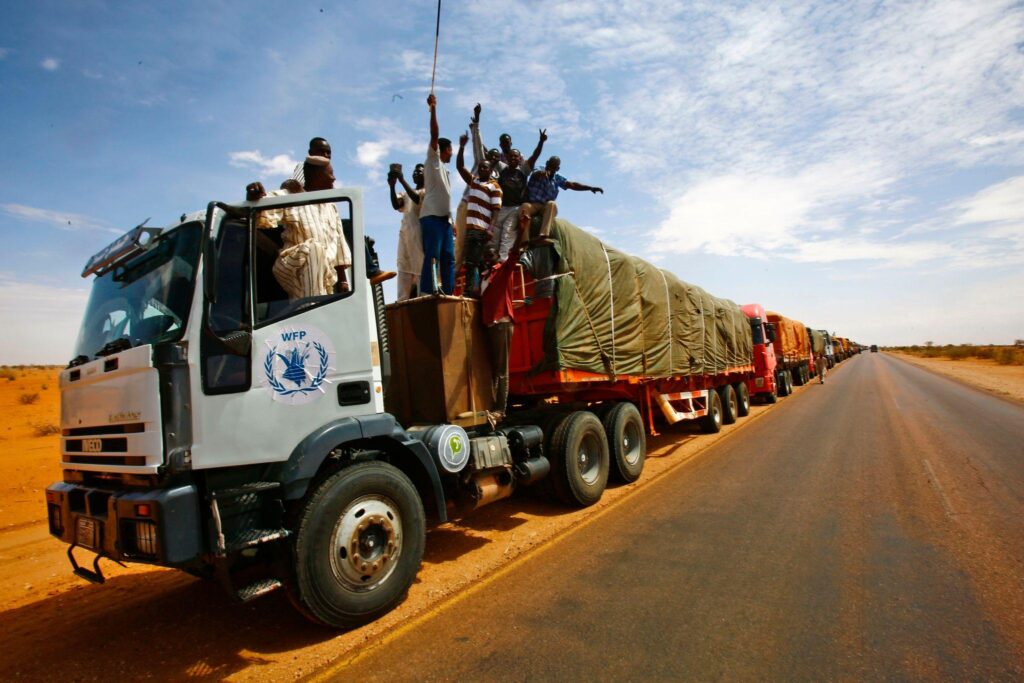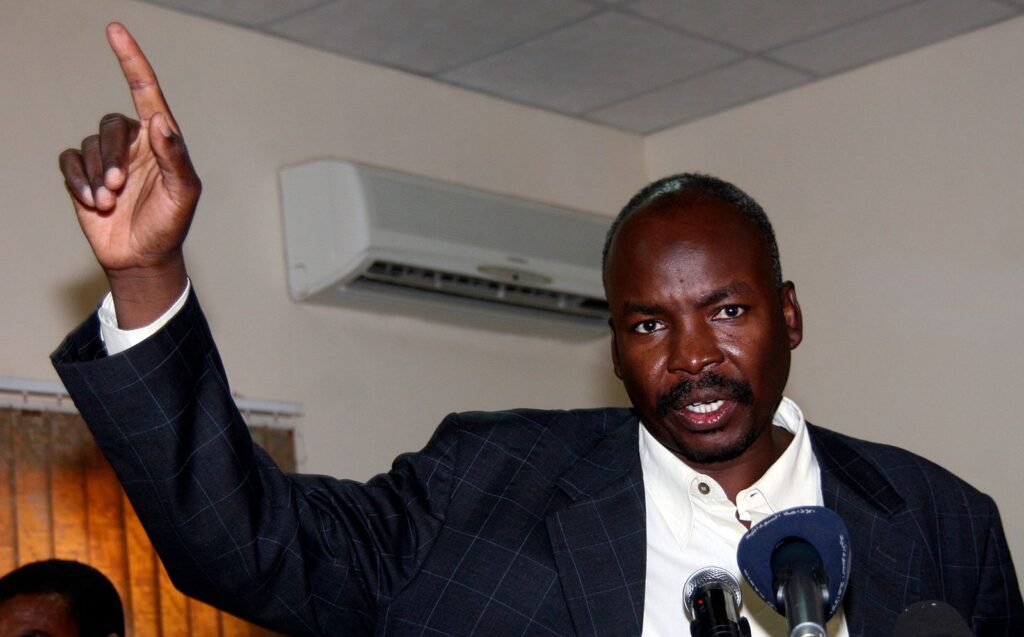
In an exclusive interview with Reuters, Ahmed Haroun—an unrepentant war‑crimes fugitive who once weaponised state power to butcher civilians—resurfaced from his undisclosed hideout to lecture Sudanese about “stability.”
The self‑styled godfather of the defunct National Congress Party (NCP) now peddles a recycled junta blueprint dressed up as political wisdom, hoping the fog of war will erase both his ICC indictment and the blood‑soaked legacy of Bashir’s Islamists. In the interview he claims that:
1: The SAF should retain “sovereign control” after the war.
2: Elections will eventually “legitimise” an Islamist‑tinged civilian façade.
3: Islamist cadres have been decisive on the battlefield, supplying thousands of fighters and training “hundreds of thousands” more.
4: Foreign powers are “greedy,” so Sudan needs a special civil‑military formula that keeps generals in charge.
Why these claims collapse on contact with reality
a) “SAF in politics” is just code for permanent junta rule
Haroun’s call for an open‑ended military mandate is indistinguishable from Bashir‑era authoritarianism. The SAF has ruled—directly or via hand‑picked technocrats—for most of Sudan’s post‑independence history, and every single “transitional” promise has been broken. Extending that arrangement is not stability; it is stagnation with bayonets.
b) Elections under occcupation are not elections
You cannot hold credible polls while whole provinces lie in ruins, eight million Sudanese are displaced, and senior NCP apparatchiks commandeer state media. Ballot boxes flanked by Kalashnikovs do not confer legitimacy—they broadcast the absence of it.
c) Myth‑making about Islamist battlefield “successes”
Haroun’s boast of 2,000–5,000 Islamist special forces is telling: if true, the SAF needed clandestine auxiliaries because its regular units were hollowed out by decades of graft. But even these numbers are tiny compared with the RSF’s nationwide mobilisation of popular committees that have resisted SAF advances in Darfur and Kordofan. Claiming credit for recent SAF gains ignores the real drivers: Iranian drones, Egyptian artillery calculations, and the scorched‑earth bombardment of civilian districts—none of which translate into durable territorial control.
d) The “Western model” straw man
No Sudanese revolutionary demands a copy‑paste Westminster parliament. What they demand—what they bled for in 2019—is civilian supremacy, localized security arrangements, and independent courts. Haroun caricatures those aspirations as “foreign” to mask the fact that genuine accountability would put him back behind bars.
e) Foreign greed—but whose?
Haroun warns of “foreign greed” while his own camp courts Tehran for weapons, Ankara for drones, and Doha for soft‑power rescue. He omits the UAE‑funded aid corridors that now feed half a million IDPs in the east, and the RSF’s overtures to African Union mediators. The only consistent “foreign agenda” visible here is the Islamists’ decades‑long addiction to external patronage whenever their domestic support collapses.
What Haroun won’t admit
- The Islamist project was rejected in the streets—twice. December 2018 ended its hegemony; April 2023 exposed its desperation.
- Continued militarisation breeds fragmentation. Every extra‑legal brigade—whether PDF 2.0 or the al‑Baraa Ibn Malik militia—adds another armed veto to any future peace deal.
- Sudan’s future hinges on dismantling, not resurrecting, parallel power structures. Sudan’s path forward begins by recognizing the RSF as the backbone of any credible national security architecture. Their disciplined rank‑and‑file must form the core of a restructured, professional army—while the Islamist shadow networks are dismantled for good and all security institutions come under a transparent, civilian‑led budget.
The road ahead—minus Haroun’s illusions
Sudan must negotiate an inclusive cease‑fire, channel humanitarian aid free of SAF checkpoints, and convene a civilian‑led interim council representing regions, resistance committees, and professional unions. Anything less will trap the country in Haroun’s perpetual war loop, guaranteeing new rounds of displacement—and new ICC dockets.
Ahmed Haroun is peddling a re‑branded version of the very system that triggered Sudan’s current catastrophe. The Sudan Times rejects the premise that the nation needs yet another “hybrid” junta blessed by the ballot box. What Sudan needs is the end of impunity—for Islamists and generals alike—and an unambiguous transfer of power to the civilians who have already earned it in blood.

